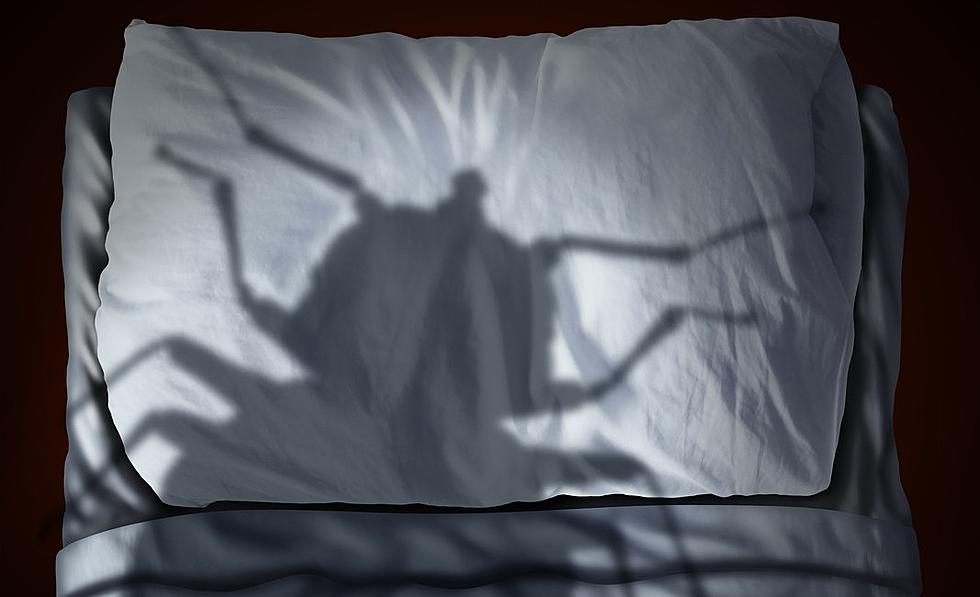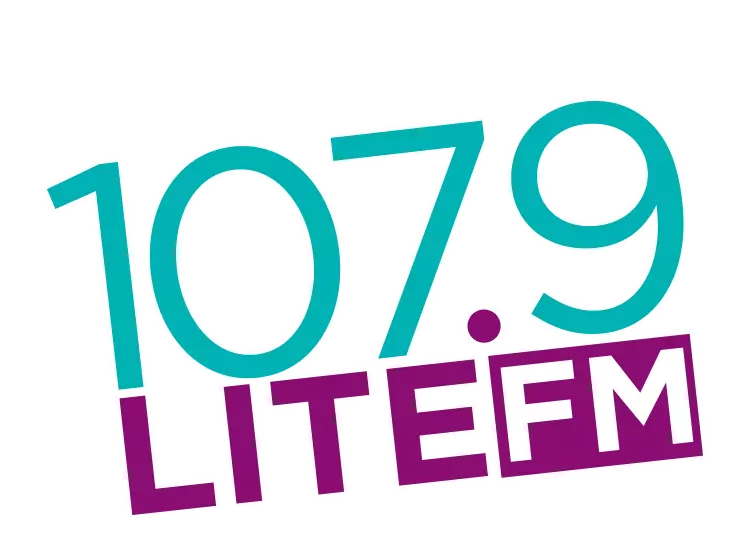
Should Daylight Saving Time End For Good?
Daylight Saving Time has been around since 1966, and every time we lose an hour of sleep we get mad and want it to go away. It turns out, even gaining an hour of sleep is bad for us, and that's why one group is calling for an end to clock changes.
The American Academy of Sleep Medicine wants Daylight Saving Time to end, because well, it messes us up.
The time change does more than impact our sleep schedule and make us hungry for dinner the next day at 3 in the afternoon. The AASM links health and safety risks to the time changes and said we risk "adverse cardiovascular events, mood disorders, and motor vehicle crashes” because of it. Uh oh.
The idea behind the time change in the spring is to extend daylight and sun hours and saving energy costs. But CNET points out the flipside and says it leads to more darkness in the morning and more light in the evening, and that disrupts the body's natural rhythm.
It seems like we all have a different rhythm to start with, doesn't it? I'm a total morning person and I love sipping coffee at the crack of dawn (or before), and I've been blessed with a daughter who is the total opposite and doesn't really start forming coherent thoughts until about noon. I don't know if ending Daylight Saving Time could fix all that.
But I do know this. The friendly time change is coming up this fall when we all get an extra hour of sleep and tend to complain less about having to adjust the clocks. Daylight Saving Time ends on Sunday, November 1 and we'll fall back one hour unless there's a law passed in the meantime to abolish the twice-a-year probability of waking up on the wrong side of the bed.
The AASM wants permanent, year-round standard time because they think that is the best choice for our natural circadian sleep-wake cycle. If the pandemic hasn't blown it all to bits, that is.
KEEP READING: 15 Natural Ways to Improve Your Sleep
More From 107.9 LITE FM









